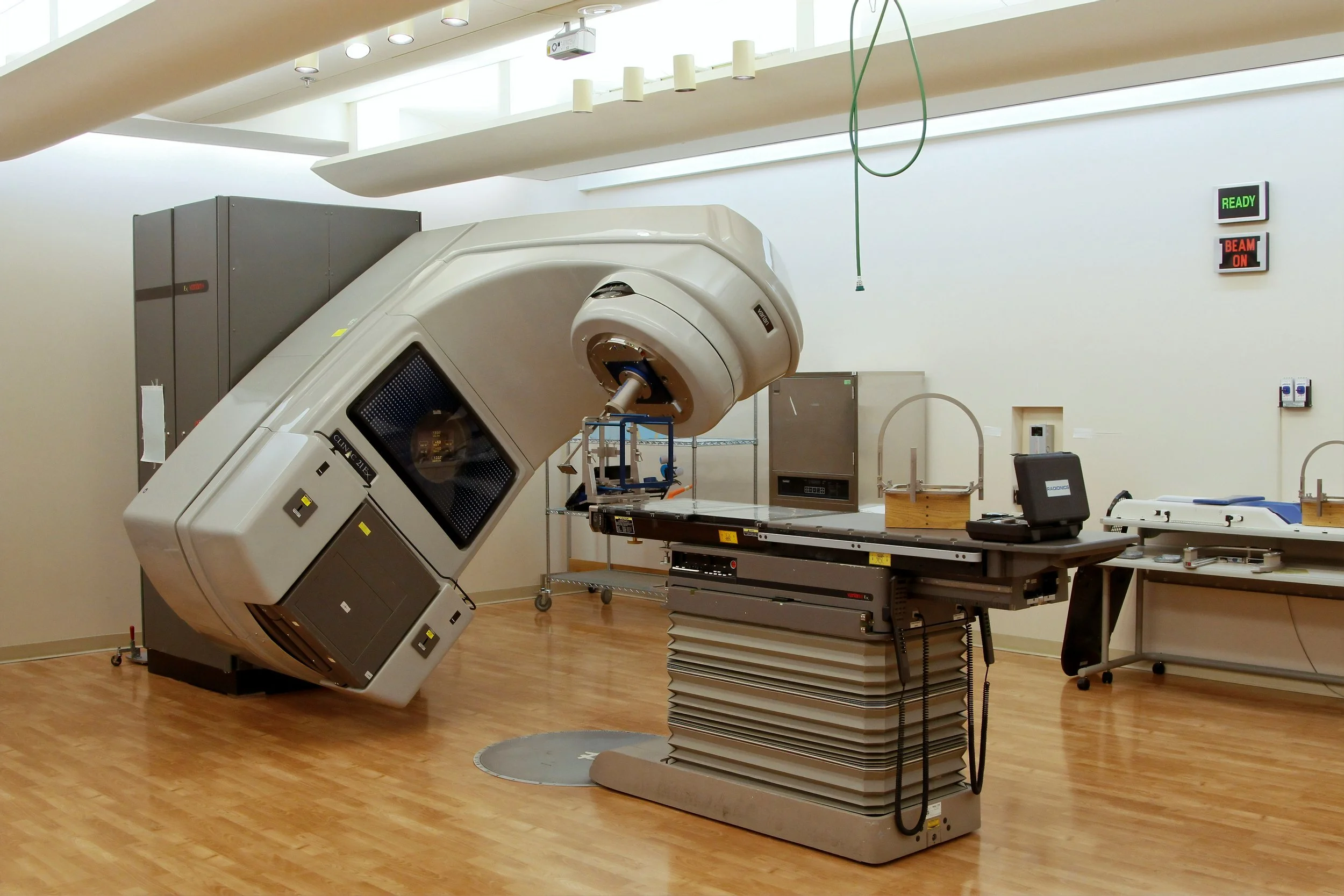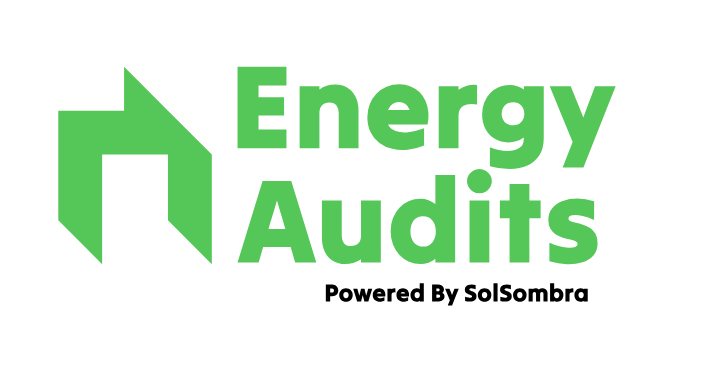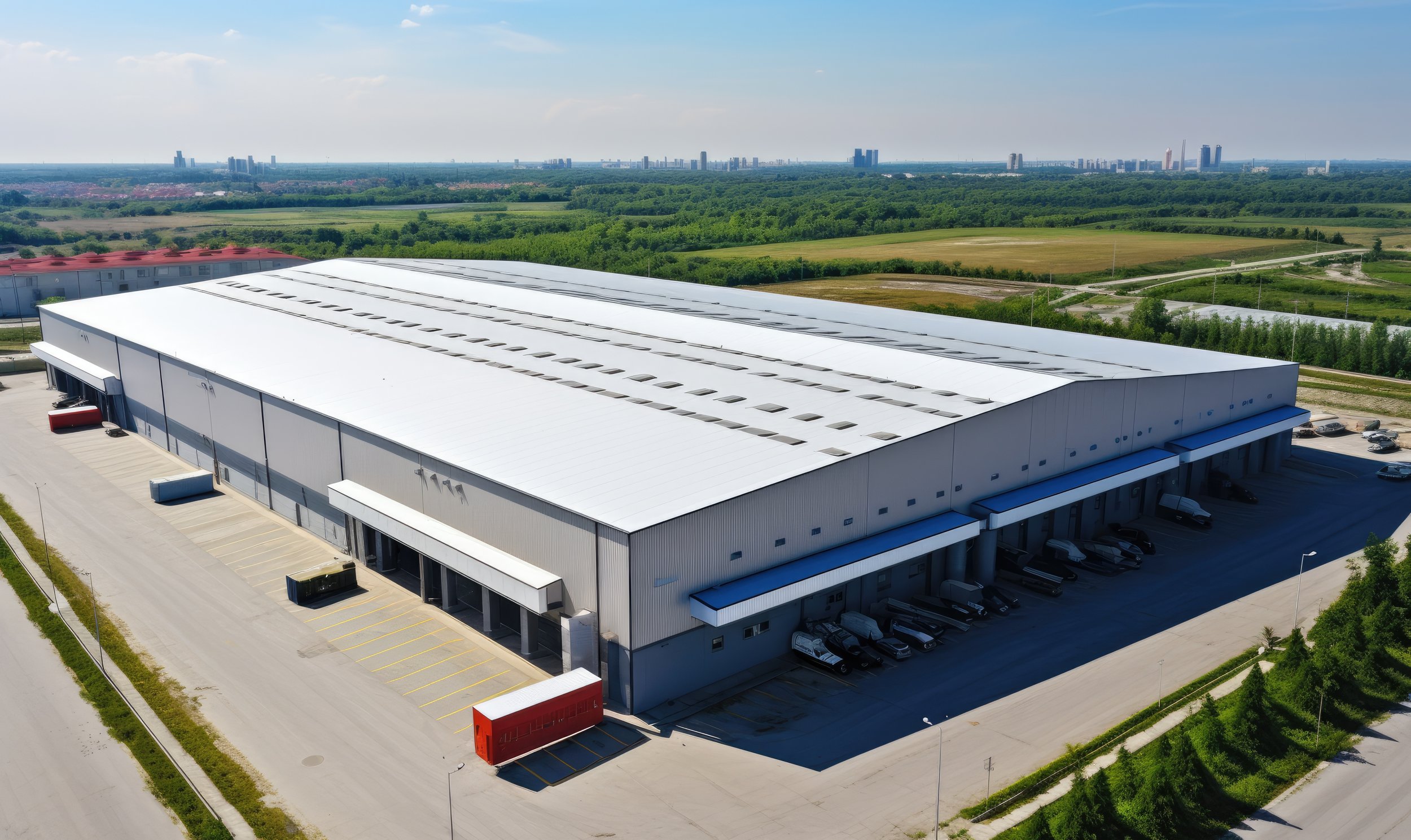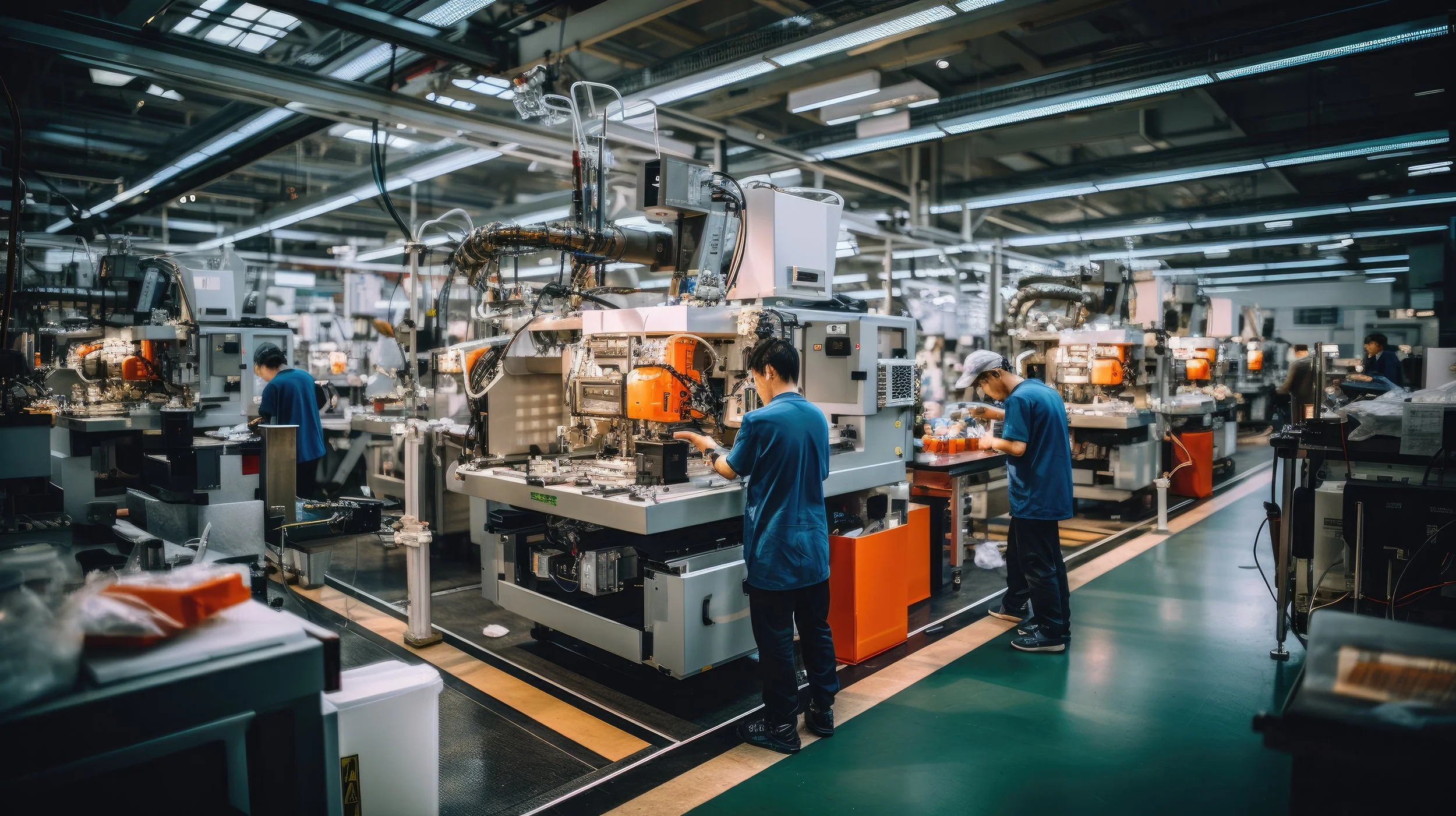
Energy Audits for
Healthcare
Get in Touch
Energy Use in Healthcare
Healthcare facilities like hospitals and clinics operate around the clock, consuming vast amounts of energy to power critical systems such as heating, ventilation, and air conditioning (HVAC), lighting, and life-saving medical equipment. In fact, the healthcare sector contributes roughly 7% of Australia's total carbon emissions, reflecting the impact of its intensive energy use. Public hospitals alone are so energy-demanding that they account for over half of all public-sector energy consumption in many Australian states. Managing this energy load is vital not only for cost control but also for meeting strict regulatory standards on indoor climate and ensuring uninterrupted patient care.
Challenges in Healthcare Energy Management
Healthcare providers face unique energy challenges. Continuous 24/7 operations mean HVAC systems and other infrastructure must run non-stop to maintain critical temperatures and air quality, which drives up energy use and costs. Specialized medical equipment (like MRI and CT scanners or sterilization units) draws significant power, yet usage cannot be compromised due to patient needs. Additionally, many hospitals and aged care facilities operate in aging buildings with outdated insulation or inefficient boilers and chillers, making it harder to optimize energy use. Balancing energy-efficiency improvements with the need for redundancy and reliability (for example, maintaining backup power systems for life-safety) is an ongoing challenge in the healthcare sector. Furthermore, hospitals must meet stringent health regulations – such as specific temperature, humidity, and air filtration requirements – which can complicate energy-saving efforts (e.g., you cannot simply turn down ventilation to save energy if it risks air quality standards).
Opportunities for Energy Efficiency
Despite these challenges, there are substantial opportunities for healthcare facilities to improve efficiency. Upgrading to high-efficiency HVAC systems and smarter climate controls can yield large savings, since HVAC accounts for a major portion of hospital energy consumption. Retrofitting LED lighting and implementing smart lighting controls (such as occupancy sensors and daylight-responsive dimmers) can significantly cut lighting costs without affecting illumination in wards and operating rooms. Modernizing or tuning medical equipment for energy efficiency – for instance, using devices with energy-saving standby modes or scheduling energy-intensive diagnostics during off-peak utility hours – can further trim energy demand without impacting patient care. Hospitals can also explore renewable energy options, like installing solar panels on rooftops or over parking areas, to generate clean power on-site. These measures reduce electricity bills and help facilities meet sustainability targets, which is increasingly important for publicly funded hospitals and large health networks.
Another opportunity lies in deploying real-time energy monitoring and management systems. By continuously tracking energy use in different departments (surgery suites, patient wards, laboratories, etc.), healthcare managers can pinpoint wastage – for example, unnecessary heating/cooling in unoccupied areas or inefficient scheduling of heavy equipment use – and adjust operations accordingly. Such data-driven management ensures that patient comfort and safety are maintained while eliminating avoidable consumption. It also helps in demand response strategies, where hospitals can reduce non-critical loads during peak price periods or when the electrical grid is strained, thereby cutting costs or even earning incentives, all without jeopardizing patient services
Benefits of Energy Audits for Healthcare
Conducting an energy audit is a strategic first step for any healthcare facility aiming to reduce costs and improve sustainability. An audit provides a comprehensive assessment of current energy usage patterns and identifies specific inefficiencies – from leaky air ducts to outdated chillers or lighting systems. With these insights, healthcare institutions can implement targeted upgrades and process changes that yield measurable cost savings and lower their carbon footprint. Crucially, these improvements often enhance the resilience of critical systems. For example, optimizing HVAC controls and upgrading backup generators or uninterruptible power supply (UPS) systems can reduce the risk of failures, ensuring continuity of care during power outages or extreme weather events. Energy audits also ensure that any efficiency measures align with healthcare regulations and standards, so hospitals remain in compliance while saving energy (e.g. maintaining required air exchange rates in operating rooms even as HVAC efficiency is improved). Overall, a robust energy management plan based on audit findings helps healthcare providers reinvest savings into patient care, all while contributing to nationwide efforts to decarbonize the health sector.
Small and Medium Healthcare Providers (SMEs): Clinics, private practices, and aged care homes benefit from lower energy bills and improved reliability. Even simple changes – like switching to LED lighting, improving insulation, or installing programmable thermostats – can significantly cut costs for smaller facilities without large capital expenses. We help tailor solutions appropriate to the scale of each facility.
Government & Council Facilities: Public hospitals and community health centers (often run by state health departments or local councils) can meet government sustainability targets by implementing audit recommendations. For example, a public hospital might use audit insights to justify a major HVAC retrofit or a solar panel installation, leading to substantial cost savings for the healthcare system. Energy savings free up budget for essential services and demonstrate accountability in managing public resources.
Corporate Healthcare Networks: Large private hospital groups and healthcare networks that manage multiple facilities can standardize energy-efficiency improvements across their portfolio. An audit can identify best practices at one flagship hospital (like an advanced energy management system or cogeneration unit) that can be replicated system-wide. These corporations not only reduce operational costs across all their facilities, but also bolster their reputation by achieving high energy-performance standards and reducing carbon emissions – aligning with Environmental, Social, and Governance (ESG) goals in the healthcare industry.
Industries Served













